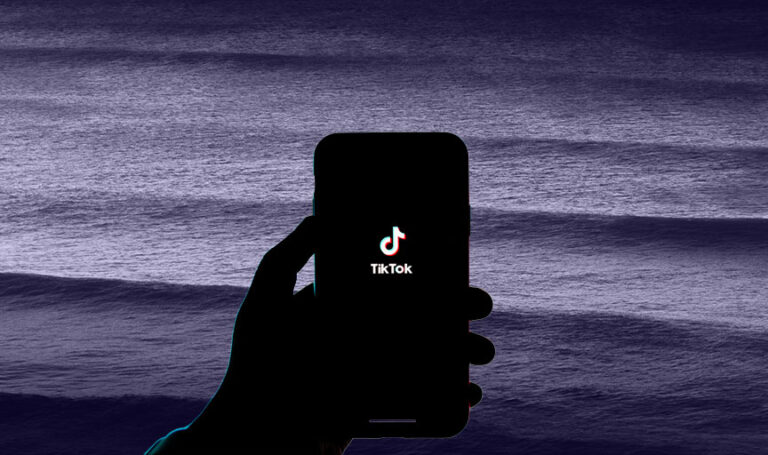Home Office to pay TikTok influencers up to £5K to warn migrants not to cross the Channel
In the early to mid-2000s, governments regularly relied on celebrity endorsements to try and influence the public. Fast forward to 2024, and it appears as though TikTokers and influencers have now become the new messengers tasked with swaying public opinion. In the most recent development, it’s been revealed that the Home Office might have plans to pay influencers to post content on social media warning migrants not to travel to Britain in small boats.
According to The Times, Home Office documents show rappers, TV personalities, and comedians listed as potential participants. They are most likely to be paid up to £5,000 to deter migrants from coming to the UK.
It should be noted that this isn’t even close to being the first time the government has diverted funds into anti-immigration campaigns. In fact, the UK has been using taxpayer money for social media adverts aimed at deterring potential asylum-seekers for the past three years, in France, Belgium and Albania.
That being said, these new plans are the first that will see popular influencers and celebrities become involved in the scheme.
The Independent has reported one Home Office official stating: “People smugglers frequently use social media to peddle lies and promote their criminal activities, and it is vital that we utilise the same platforms to inform migrants about the truths about crossing the Channel and coming to the UK illegally.”
“The relentless action we have taken reduced crossings by 36 per cent last year, which saw similar weather conditions to 2022. We make no apologies for using every means necessary to stop the boats and save lives,” the official’s statement continued.
According to numbers obtained by The Times, the Home Secretary, James Cleverly, has allegedly set aside a budget of £576,500 to cover the payments of influencers in Albania, Iraq, Egypt and Vietnam, with plans to potentially bring in Turkey and India.
Digital propaganda is no new concept. Companies and government bodies are more than aware of the global reach social media has, and indeed the reach of those who dominate on the platforms. In 2020, a number of social media stars, including many former Love Island contestants, were paid to promote Test and Trace—an NHS initiative to try and stop the spread of COVID-19.
One government official stated: “Our use of social media influencers has meant over 7 million people have been reached. As a responsible government, we will use every means possible to keep the public informed during the pandemic and raise awareness of NHS Test and Trace.”
While the COVID-19 pandemic was still an inherently divisive topic, one could argue that recruiting influencers to spread anti-immigration rhetoric online is far more controversial and unethical.
Moreover, the frequency in which government bodies are leveraging influencers for their own political agendas raises concerns that social media will soon become a place solely for political propaganda as opposed to entertainment or discussion.
Similar comparisons have been made to the travel influencers who have attempted to depict Syria as a luxurious holiday destination, omitting the extreme repression and violence the country has seen over the past 20 years. Some netizens strongly believe that these influencers’ videos are staged and curated to serve a very specific political agenda.
In a 2020 media manipulation survey from the Oxford Internet Institute, it was found that in 81 of the surveyed countries, organised social media manipulation campaigns were identified—up from 15 per cent from 70 countries in 2019.
Moreover, the report discovered that governments, public relations firms and political parties are producing misinformation on an industrial scale. It shows that disinformation has become a common strategy, with more than 93 per cent of the countries (76 out of 81) seeing disinformation deployed as part of political communication.






